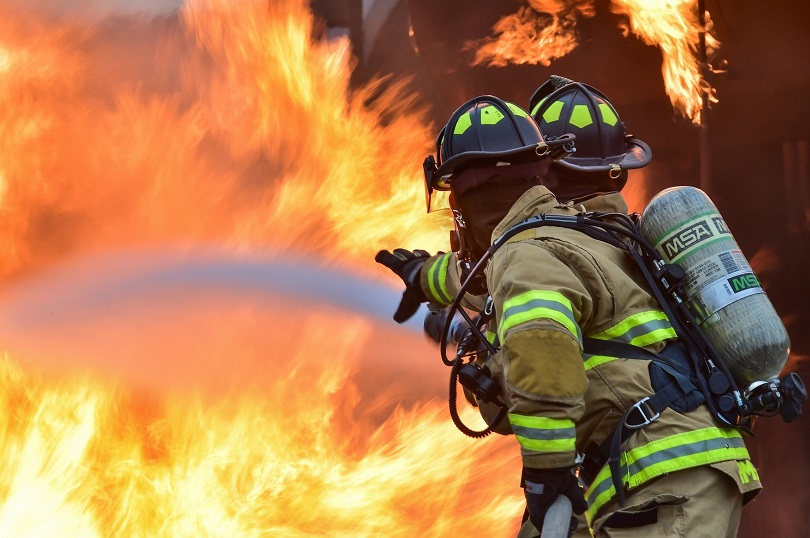Unfortunately many of the HSE rules, standards, requirements that we are following in 2023, have written as lessons learned from industry accidents. In this very few words, we will highlight the top 3 major accidents of Offshore Oil and Gas industry which have been a game changer in the HSE requirements for offshore oil and gas industry.
The offshore oil and gas industry, vital to meeting the world’s energy demands, has encountered several major accidents that have left a lasting impact on safety protocols and environmental concerns. Here we will briefly highlight the top three major offshore oil and gas accidents and explore their leading causes, as a reminder of how things can go on wrong direction if safety is not a priority. These accidents of offshore Oil and Gas, not only resulted in significant loss of life and environmental damage but also led to crucial lessons that have shaped the industry’s safety practices and regulatory landscape.
Major Accidents of Offshore Oil and Gas Industry
1. Deepwater Horizon Oil Spill (2010):
On April 20, 2010, the Deepwater Horizon drilling rig, operating in the Gulf of Mexico, suffered a catastrophic blowout, leading to one of the most notorious environmental disasters in history. Besides its environmental effects this accident claimed 11 lives.

Lessons Learned: The Deepwater Horizon disaster highlighted the importance of rigorous well control measures, improved safety culture, stricter regulatory oversight, and greater transparency in offshore drilling operations.
2. Piper Alpha Platform Explosion (1988):
The Piper Alpha platform explosion in the North Sea on July 6, 1988, remains one of the deadliest offshore accidents in history, claiming 167 lives. Its causes were multifaceted:
Gas Leak Ignored: A gas leak from a condensate pump went unnoticed, leading to a catastrophic explosion. Poor communication and a lack of procedural clarity were factors.
Inadequate Safety Procedures: Piper Alpha’s safety procedures were deemed inadequate, and maintenance practices were compromised due to production pressures.
Human Error and Training: The personnel’s lack of training and preparedness for emergencies, coupled with human errors, exacerbated the disaster.

Lessons Learned: Piper Alpha prompted significant changes in offshore safety regulations, emphasizing comprehensive safety systems, improved communication, personnel training, and the importance of a safety-first culture.
3. Alexander L. Kielland Platform Collapse (1980):
The Alexander L. Kielland platform disaster occurred on March 27, 1980, in the North Sea, resulting in the loss of 123 lives. The leading causes were primarily structural and design-related:
Structural Weakness: A flawed bracing design in the platform’s structure was identified as the primary cause of the collapse.
Inadequate Maintenance: The platform’s maintenance practices were subpar, and the structural issues were not addressed adequately.
Harsh Weather Conditions: The challenging weather conditions in the North Sea were a contributing factor to the platform’s instability.

Lessons Learned: The Kielland tragedy emphasized the critical importance of rigorous structural integrity assessments, robust maintenance protocols, and enhanced engineering standards for offshore platforms.
The top three major accidents of offshore oil and gas —Deepwater Horizon, Piper Alpha, and Alexander L. Kielland—serve as stark reminders of the industry’s inherent risks and the need for unwavering commitment to safety and environmental protection. While these major accidents of offshore oil and gas brought immense human and environmental suffering, they also spurred critical improvements in regulations, industry practices, and safety culture. The offshore oil and gas sector continues to learn from these major accidents of offshore oil and gas industry, striving to ensure that they remain exceptions rather than norms in the pursuit of energy resources beneath the ocean’s depths.

Comments
One response to “Top 3 Major Accidents of Offshore Oil and Gas”
[…] most important aspect on ensuring the well-being of employees and the success of any organization. Accidents, injuries, and fatalities can have far-reaching consequences, both personally and professionally. […]